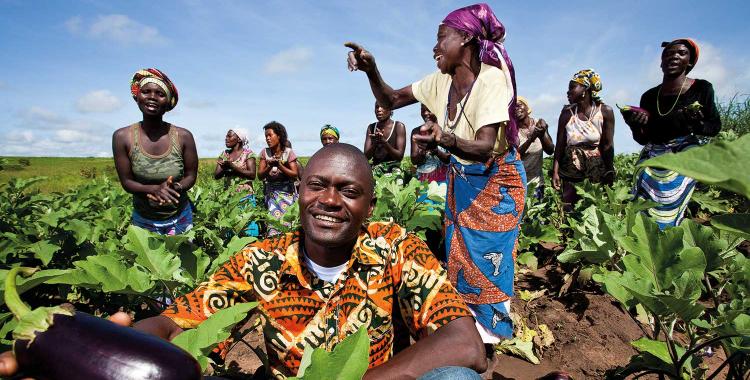Angola is one of the countries on the African continent that has a high rate of development. According to news shared by Deutsche Welle, on February 9, 2018, Eliseu Gaspar, vice president of the Industrial Association of Angola stated that our country has immense arable land, with enviable water potential and that more than 50% of families Angolans is dedicated to agriculture, with a focus on family farming.
A large part of the Angolan population sees agriculture as a tool to fight hunger and poverty, however, although more than 50% of Angolan families are engaged in agriculture, social indicators show that these practices have not been successful. Hence the need to make agriculture more productive and solid.
But how to make agriculture more productive and solid?
In order to achieve agricultural development, Angola needs to invest significant amounts in the agrarian sector, carry out agrarian reform that consists of transferring land from one social group to another, implement agricultural science courses in the most influential universities in the country, improve the conditions of family farming making them protagonists of their activities and allowing their products to enter the
large consumer markets.
It is understood that this is not an easy task, but, having an excellent investment, availability of land and trained people to meet the demands of this sector, we would be taking large steps towards solid agriculture and a developed rural environment.
Agriculture has an extremely important role in the world, as it is the basis for the maintenance of the world economy, it is responsible for increasing food security and is also seen as a tool for the fight against unemployment, the fight against hunger and poverty. The agronomic market is vast and, offering opportunities that you might not even imagine, activities are not restricted to the countryside.
In this sense, those involved can work in the field, laboratories, processing and/or processing industries, cooperatives, commerce, among others.
Therefore, having a solid agricultural sector, taking into account the opportunities within this wide production chain, Angola would be taking a giant step in fighting hunger and exponentially increasing the employment rate.
Previous
The opinion of... Lourenço Lopes








